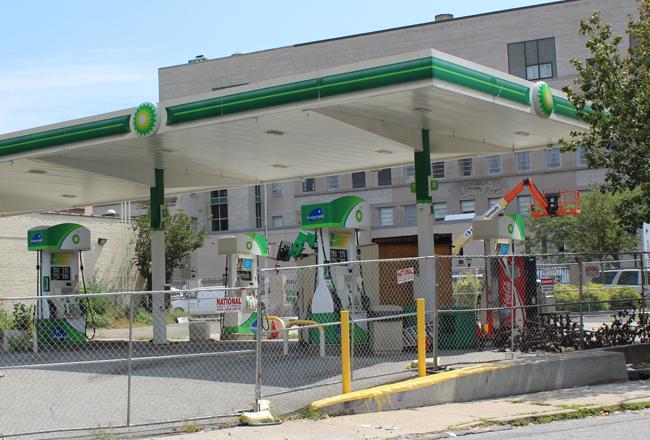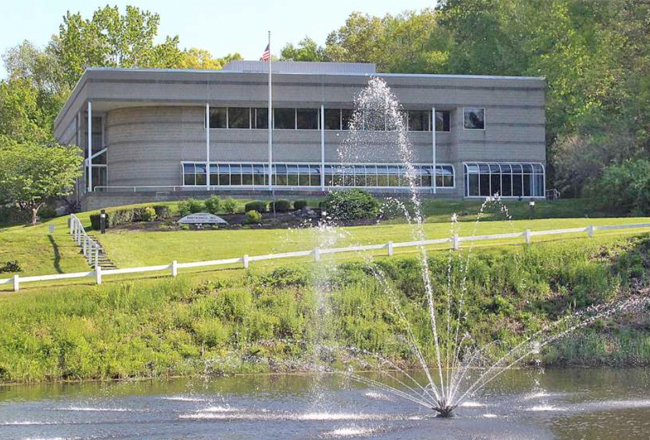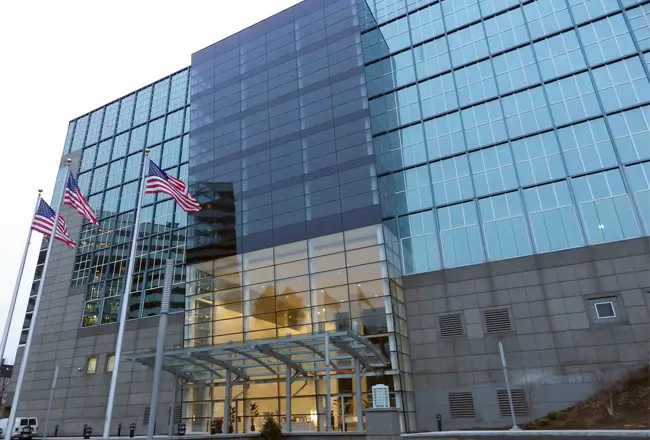
The White Plains Housing Authority has sued BP Products North America for allegedly contaminating water and soil at a former gas station near Winbrook Apartments.
A toxic plume under the former BP station at 34 E. Post Road, the housing authority claims, has migrated toward an apartment building. The plume allegedly threatens the health of residents and potentially jeopardizes financing for a $350 million plan to replace five buildings.
The lawsuit was filed on Aug. 17 in federal court in White Plains. BP did not respond to a voicemail and an email request for comment.
Winbrook is the city”™s oldest public housing site, comprising five 90-unit structures built in the late 1940s. The apartments are in downtown White Plains on South Lexington Avenue, Fisher Court and Dr. Martin Luther King Jr. Boulevard.
The gas station was next to Winbrook”™s Building 33, home of about 350 residents. BP owned or operated the station from about 1969 to 1983, the complaint states. The station continued to operate under new ownership and the BP name until it was closed in December 2016.
In the late 1970s, BP allegedly abandoned the original underground storage tanks when it replaced the station and installed new tanks.
The groundwater flows downstream from the vicinity of the former station toward Building 33. An environmental consultant has traced a plume containing byproducts of gasoline, such as benzene and toluene, migrating toward the building”™s parking lot.
Benzene, a human carcinogen that was once added to gasoline to boost engine performance has been detected in the groundwater. Lead, a toxic metal that can cause severe mental and physical impairment, especially in children and pregnant women, was found in the soil at the gas station site.
BP should have known about potential migration of hazardous wastes since the late 1970s, the lawsuit states, and it was put on notice in 2015 when it was given a report on the problem.
The authority says the plume could pose an imminent danger to the residents of Building 33, if it continues to migrate.
It also allegedly poses a financial harm.
Winbrook Apartments are no longer considered adequate. The authority plans to replace them and more than double the number of dwellings in a $350 million project to be called Brookfield Commons.
Financing depends on support from federal and state agencies, such as U.S. Housing and Urban Development and the state Housing Finance Agency, that restrict development on contaminated properties. The U.S. Office of the Comptroller, the lawsuit states, warns banks against lending money for projects on contaminated property.
The housing authority accuses BP of violating the federal Resource Conservation and Recovery Act and the New York State Navigation Law, which includes groundwater. It also charges BP with creating a private nuisance, trespassing and negligence.
It is asking the court to order BP to clean up the site or pay the authority to eliminate the hazard and to pay restitution for failure to prevent or abate the problem.



















The issue with the ground contamination was uncovered during a ground water test authorized and paid for by the City’s Community Development Agency. The housing authority was not notified, had no knowledge of when the test was performed,or initially a notification of the results. It was part of a City Council plan to deny the housing authority the right to develop land on property under their control but opposed by the City Council. The contamination was not the only reason the site was discounted as the building footprint and office layout didn’t work and site off street parking would have had underground which wasn’t feasible given the number of spaces which could have been created as well as the and high water table, the city just walked away and to my knowledge did nothing to follow up on the hazardous conditions. If anything the avitymof White Plains shares liability since the enviormental report goes back to the late 90’s.